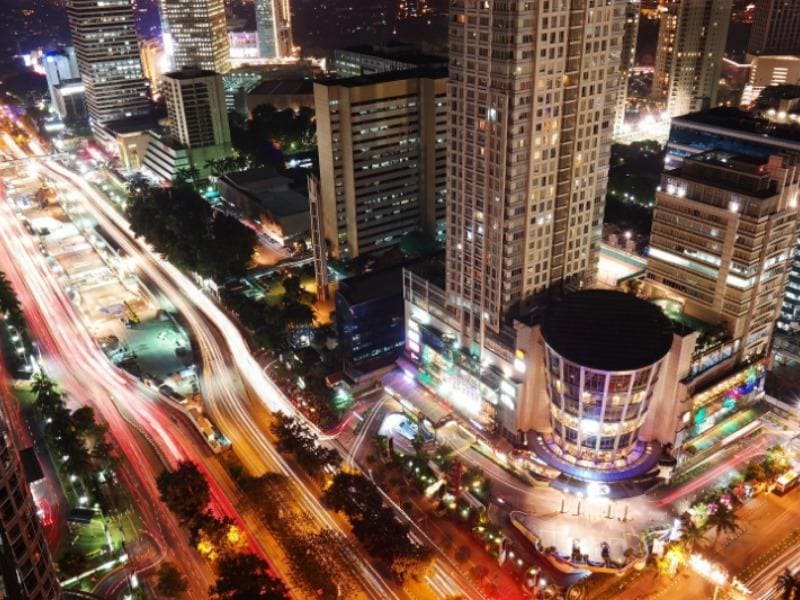Every year, Eid (lebaran) becomes a big homecoming ritual for huge number of Indonesians who make a living far from their hometowns. This ritual is known as ‘mudik', and is similar to the exodus that causes millions of people leaving major cities around the world during major festive seasons, such the Lunar new year in Hong Kong, and Eid in some Muslim countries like Malaysia.
In Indonesia where 88% of the population identifies themselves as muslims, Mudik is mostly associated to lebaran. With the number of people going to their hometown reaching tens of millions per year, mudik becomes the biggest festive ritual in Indonesia. Ironically, what should be an opportunity to pause from commercial activities and a chance to look forward to strengthening family ties, Mudik has also given rise to massive consumerism that fuels the engine of national economy.
To understand the significance, we need to understand the origin of Mudik. Mudik originated from the tradition of wandering (merantau) that is deeply rooted in Malay community. This wandering tradition was somewhat compulsory among Malay community as reflected in their common proverb among Malay community i.e. "Bagai katak dalam tempurung" (different pond different fish) - to insinuate those who never wander are those who are ignorant about the world. While the tradition of wandering was important, so was maintaining connection with their places of origin.
As time progresses, Mudik ritual has undergone the influence of consumerism and new behavior norms have been introduced. Mudik now becomes a moment for the immigrants to prove their success, often in the form of tangible proof, to those they left behind. Thus, Eid gatherings that used to be dedicated for religious celebrations has also now become the event for showcasing success and status.
Two elements in particular that are linked to these `new norms' is the ritual of gift giving and buying new material things for selves and families. These acts somewhat began to define the social status. For most, it would be embarrassing coming home empty handed for it connotes ‘no progress'. All the new things purchased often are not just symbols of a new beginning as it might be proclaimed - at the deeper level, it connotes ‘I have arrived' and a reflection of social pressure.
Mudik now is the most awaited ritual of the year. Many start their mudik preparations months ahead - planning their leave, hunting plane or train tickets, buying gifts and so on. Many brands are using this yearly ritual for their promotional and branding purposes, and offer installment schemes for ticket purchase on online ticket booking platforms such as Traveloka or ‘Mudik bersama'. Brands such as Alfamart and Honda, to name a few, have formed collaborations to ensure these promotions are accessible to consumers.
The legitimacy of these spendings given by the high cultural value of the ritual has encouraged many other brands to jump into the marketing bandwagon. Certain brands such as Pertamina and Ramayana successfully took this ‘collective rite' of gifting to create their Ramadhan campaign that evokes emotion. Often, the goal is to inspire and justify consumer spending and make Indonesians feel well-prepared for their Mudik or their journey home.


